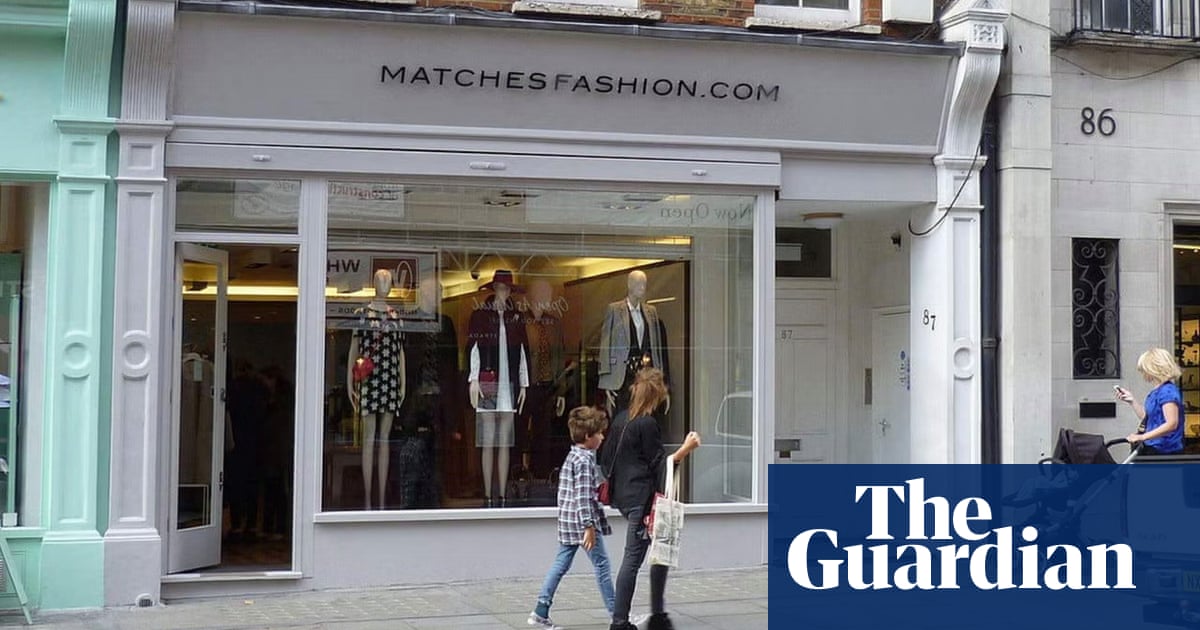
* Uncertainty around Brexit and stimulus keeps investors sidelined
* ECB expands and extends emergency COVID stimulus as expected
* Uncertainly remains over U.S. stimulus
* S&P Dow Jones ejects some Chinese firms from indices
LONDON, Dec 10 (Reuters) - A generous extra helping of European Central Bank stimulus lifted the euro and kept Europe’s stock markets steady on Thursday, but Britain’s pound saw its biggest drop in almost a month after overnight Brexit talks turned sour.
It had been a mixed session for Asia amid a surge in coronavirus cases and the ejection of some Chinese stocks from S&P Dow Jones’ indices, so the sight of the ECB cranking open the money taps again kept markets on track ahead of the bank’s news conference.
The euro, which has risen nearly 14% since March, inched higher and though the pan-European STOXX 600 index barely budged, London’s FTSE 100 was on course for its eighth straight gain as the Brexit uncertainty pushed the pound down 0.8% to just under $1.33 and 90.95 pence per euro .
European Union and British leaders gave themselves until the end of the weekend to seal a new trade pact, with some $1 trillion in annual trade at risk of tariffs if they can’t reach a deal by Dec. 31, when transition arrangements end.
“There’s still clearly some scope to keep talking, but there are significant points of difference that remain,” Foreign Secretary Dominic Raab told BBC TV. “(On) Sunday, they need to take stock and decide on the future of negotiations.”
The ECB increased the overall size of its PEPP stimulus programme by 500 billion euros to 1.85 trillion euros, in line with market expectations. It also extended the scheme by 9 months to March 2022, with the aim of keeping government and corporate borrowing costs at record lows.
ECB chief Christine Lagarde was starting a news conference to explain the move, with traders also waiting to hear if the bank is starting to get uncomfortable about the scale and pace of the euro’s rise.
“For the most part the ECB delivered on reasonable expectations,” TD Securities’ European Head of Currency Strategy, Ned Rumpeltin, said.
“We have seen a bit of bid pop up in the euro but nothing major.... What matters now is what Lagarde says and how she says it. Especially about the euro’s strength beyond the standard boiler plate language.”
Euro zone government bond yields - which move inversely to price - continued to fall. Italian 10-year yields touched to a record low of 0.53%. Spain and Portugal’s hit 0.013% and -0.022% respectively.
In Asian trading, MSCI’s broadest index for the region eased 0.4%, with Japan’s Nikkei ending 0.2% lower. Both are up more than 60% from March lows.
S&P 500 futures were holding 0.1% higher, however, after the Nasdaq dropped 2% on Wednesday, when U.S. regulators filed lawsuits against Facebook alleging the company used its dominance to buy or crush rivals, harming competition.
S&P Dow Jones Indices then said it would remove 10 Chinese companies from its equities indices and several others from its bond indices overnight. It followed a move by Donald Trump’s outgoing administration to ban U.S. investors from buying certain Chinese securities.
U.S. lawmakers were also unable to sort out disagreements over aid to state and local governments that are holding up a broader spending package, though they did at least approve a stop-gap government funding bill.
“We’ve risen so far so fast that it’s making investors cautious,” said Michael McCarthy, chief strategist at stockbroker CMC Markets in Sydney.
“The fall in tech stocks was a bit of a concern, given that they’ve risen in all market weather over the last six weeks, so to see them come off might signal that we’re looking at a short- term corrective move.”
Elsewhere, faith in the recovery appeared to be holding up. Brent oil futures were up 0.8% at $49.23 a barrel and U.S. crude was up 0.9% at $45.96 a barrel. Gold nursed losses at $1,839 an ounce.
The Hungarian forint and the Polish zloty made gains as hope built that European Union leaders will work out a budget deal the two eastern European countries have threatened to veto.
“We think the market has certainly got confidence in the sustainability of this recovery,” said Shoqat Bunglawala, head of global portfolio solutions for EMEA & APAC at Goldman Sachs Asset Management.










